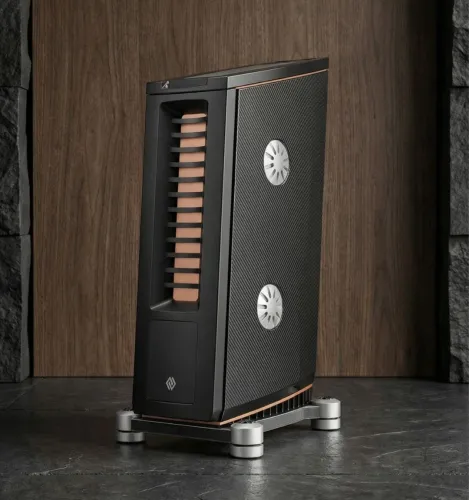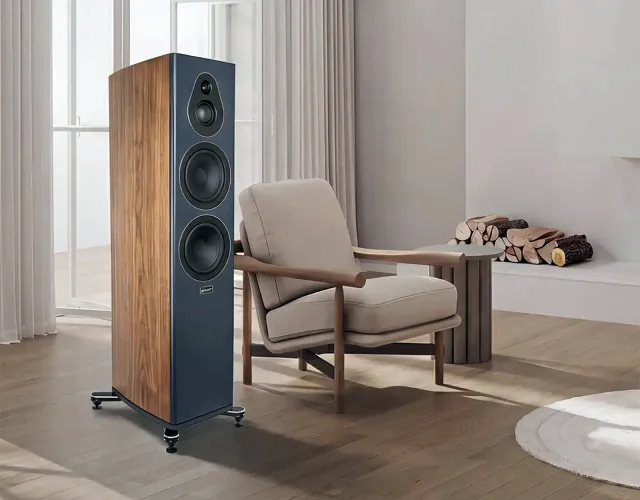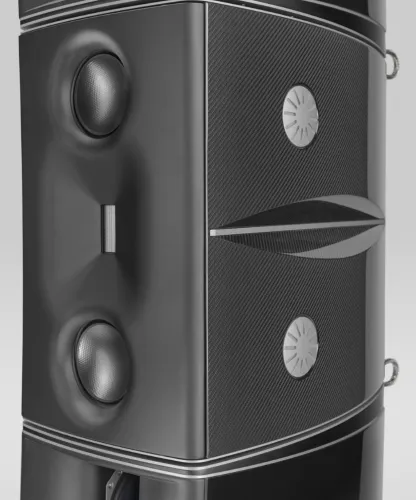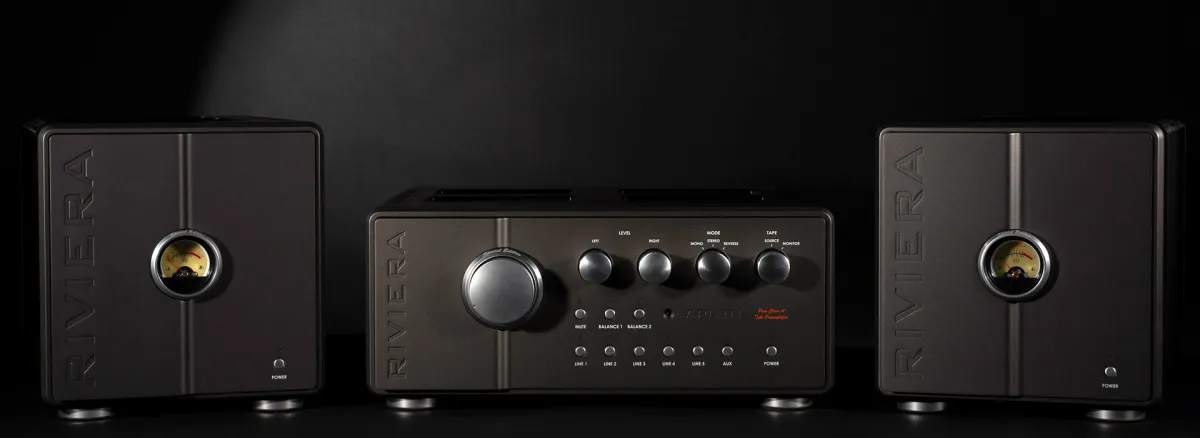
Audio Research Reference 330M – Sales Have Begun, Get Ready for High Tube Power!
21.02.2025 09:25 | ~2 minutes read
American company Audio Research has announced the start of sales of the flagship Reference 330M monophonic tube power amplifier, which was first announced last year. Audio Research Reference 330M is an amplifier that combines a new design and new components with the best solutions implemented in other amplifiers of the company. The creation of the device took a long period of development and as a result, the device was released, capable of developing up to 330 Watts of power.

The input stage of the new amp inherits the architecture of the 610T model, using the ECC83 tube for voltage amplification. The ECC83 output is buffered by bipolar transistors, which allows the amplifier to maximize the power reserve of the input stage and preserve the best sound qualities of the ECC83.

The second stage is a classic circuit used in the 610T and 250 amplifiers, with a pair of 6H30 tubes in differential connection. The output tubes are driven by new silicon carbide (SiC) JFETs, which automatically provide each output tube with ideal quiescent current and also increase the driver power reserve.

The six output tubes are of the KT170 type, which has a higher anode voltage reserve, high peak cathode current and high anode power dissipation. The Audio Research Reference 330M features proprietary automatic bias current adjustment and tube monitoring systems to help extend tube life. The amplifier also features a GhostMeter VU display in a double-layer glass window.

The Audio Research Reference 330M is a fully balanced amplifier, operating only in pentode mode, since it provides the highest performance. The rear panel features a balanced XLR input and a single-ended RCA input, as well as separate speaker terminals for connecting 4- and 8-Ohm loudpeakers. There are also a counter hours of operation. The Audio Research Reference 330M tube monoblock is available in black or aluminum finishes. The suggested retail price for a pair of monoblocks is $90,000.
Specifications
This product is in the Hi-Fi and High End Electronics and Acoustics database
Power amplifiers mono — Audio Research Reference 330M
Model name
Reference 330M
Input sensitivity (mV)
N/A
Input impedance (balanced) (Ω)
N/A
Input impedance (single-ended) (Ω)
N/A
Output impedance (balanced) (Ω)
N/A
Output impedance (single-ended) (Ω)
N/A
Max current (A)
N/A
Output power (8Ω) (W)
330
Output power (4Ω) (W)
330
Gain (dBu)
N/A
Frequency response low +/- 3dB (Hz)
N/A
Frequency response high +/- 3dB (Hz)
N/A
Signal to Noise Ratio (dB)
N/A
Total Harmonic Distortion + Noise (0% global feedback) (%)
N/A
Total Harmonic Distortion + Noise (100% global feedback) (%)
N/A
Max power consumption (W)
N/A
Damping factor
N/A
Dimensions (mm)
N/A
Weight (kg)
46
Official link







